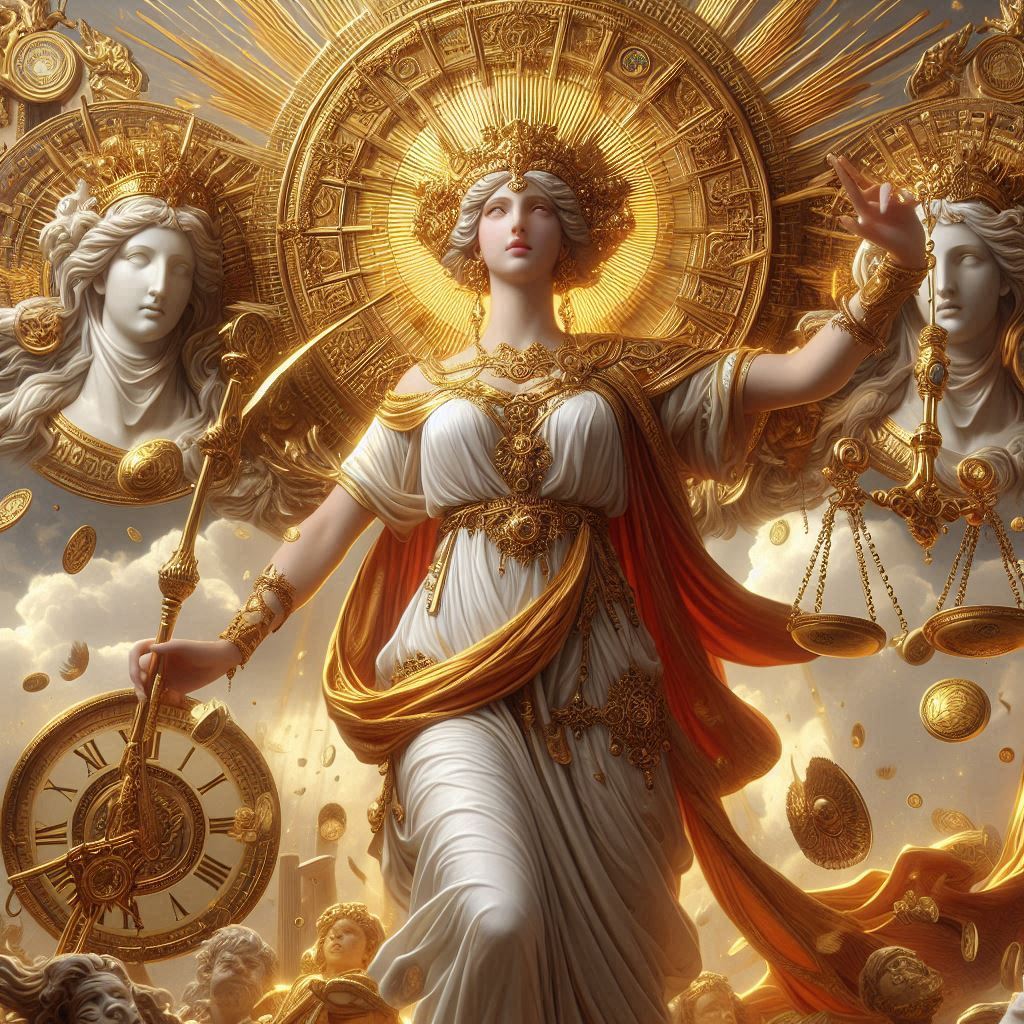Table of Contents
The Sailor Who Fell from Grace with the Sea: An Exploration of Alienation, Idealism, and Tragic Disillusionment
Yukio Mishima’s The Sailor Who Fell from Grace with the Sea is a harrowing tale of alienation, idealism, and the destructive power of disillusionment. Set in postwar Japan, the novel juxtaposes the traditional and modern, the ideal and the real, and the innocent and the corrupted. Through its tightly woven narrative and poignant imagery, Mishima crafts a story that is both deeply personal and universally resonant, exploring humanity’s perpetual struggle to reconcile the purity of ideals with the imperfections of reality.

Plot as a Vessel for Themes
The novel revolves around three main characters: Noboru, a precocious adolescent; Fusako, his widowed mother; and Ryuji, a sailor who becomes Fusako’s lover. Noboru initially idolizes Ryuji as an emblem of heroic masculinity and a symbol of freedom, embodying the romantic allure of the sea. However, as Ryuji succumbs to the domesticity and banalities of a terrestrial life with Fusako, Noboru’s admiration curdles into contempt. This evolution reflects a central theme in the novel: the tension between idealism and disillusionment.
Mishima constructs this tension through Ryuji’s internal conflict as he vacillates between his yearning for a grand, heroic destiny and the pull of mundane human desires. The sea becomes a metaphor for Ryuji’s unfulfilled aspirations, while Fusako represents the terrestrial world’s comfort and limitations. This duality forms the novel’s central tragedy, as Ryuji’s capitulation to love and domestic life marks his fall from grace in Noboru’s eyes.
Noboru and the Cult of Nihilism
At the heart of the novel is Noboru, whose adolescent psyche serves as a microcosm of societal alienation and youthful rebellion. Noboru’s gang, a group of like-minded boys led by the nihilistic Chief, espouses a philosophy of rejecting conventional morality and human sentiment. Their worldview is stark and brutal, driven by an obsessive quest for authenticity and purity.
For Noboru, Ryuji initially represents an idealized figure who transcends societal mediocrity. His life as a sailor, fraught with danger and imbued with a sense of purpose, captivates Noboru. However, Ryuji’s romantic entanglement with Fusako shatters this illusion. To Noboru and his gang, Ryuji’s decision to abandon the sea symbolizes a betrayal of heroic ideals, warranting his destruction.
Mishima’s portrayal of the gang reveals his preoccupation with existential and nihilistic themes. Their rejection of societal norms and embrace of cruelty reflect a perverse quest for transcendence. Yet, their actions also expose the dangers of unbridled idealism, where the pursuit of purity leads to dehumanization and violence. Noboru and his peers, in their quest to purge Ryuji of his perceived corruption, embody the destructive consequences of unchecked disillusionment.
Ryuji: A Tragic Everyman
Ryuji is the novel’s tragic hero, torn between the allure of an extraordinary destiny and the comfort of ordinary human connections. Mishima imbues Ryuji with a poetic sensibility, evident in his reverence for the sea as a symbol of freedom and greatness. However, his yearning for heroism is tempered by his growing desire for Fusako, a desire that ultimately leads to his downfall.
Ryuji’s tragedy lies in his inability to reconcile these conflicting impulses. His choice to abandon the sea and embrace a terrestrial existence marks his symbolic death in Noboru’s eyes. Mishima portrays Ryuji’s decision with a sense of inevitability, underscoring the universal human struggle to balance idealism and pragmatism. Ryuji’s fall from grace is both deeply personal and emblematic of the broader existential dilemmas that define the human condition.
Themes of Alienation and Cultural Transition
Mishima sets The Sailor Who Fell from Grace with the Sea in a Japan grappling with rapid modernization and cultural upheaval. The novel reflects Mishima’s own ambivalence toward these changes, as traditional ideals clash with modern realities. Ryuji’s romanticism and Noboru’s nihilism can be seen as responses to a world increasingly devoid of meaning and rootedness.
Fusako’s character, as a representative of modern consumer culture, further highlights this cultural transition. Her materialism and practicality contrast sharply with Ryuji’s idealism and Noboru’s existential angst, emphasizing the erosion of traditional values in postwar Japan. Mishima critiques this cultural shift, lamenting the loss of spiritual and heroic ideals in a society dominated by material concerns.
Conclusion: The Tragedy of Lost Ideals
The Sailor Who Fell from Grace with the Sea is a haunting exploration of humanity’s longing for transcendence and the inevitable disillusionment that accompanies it. Through Noboru’s idealism, Ryuji’s tragic fall, and the backdrop of a changing Japan, Mishima examines the fragile nature of human ideals and the destructive power of alienation. The novel’s stark imagery and unflinching portrayal of violence serve as a reminder of the dangers inherent in the pursuit of purity, where the rejection of imperfection leads to ruin.
In the end, Mishima’s work is a poignant meditation on the human condition, revealing both the beauty and the peril of our quest for meaning in an imperfect world. It challenges readers to confront their own ideals and the compromises they demand, leaving an indelible mark on the literary landscape.


No responses yet